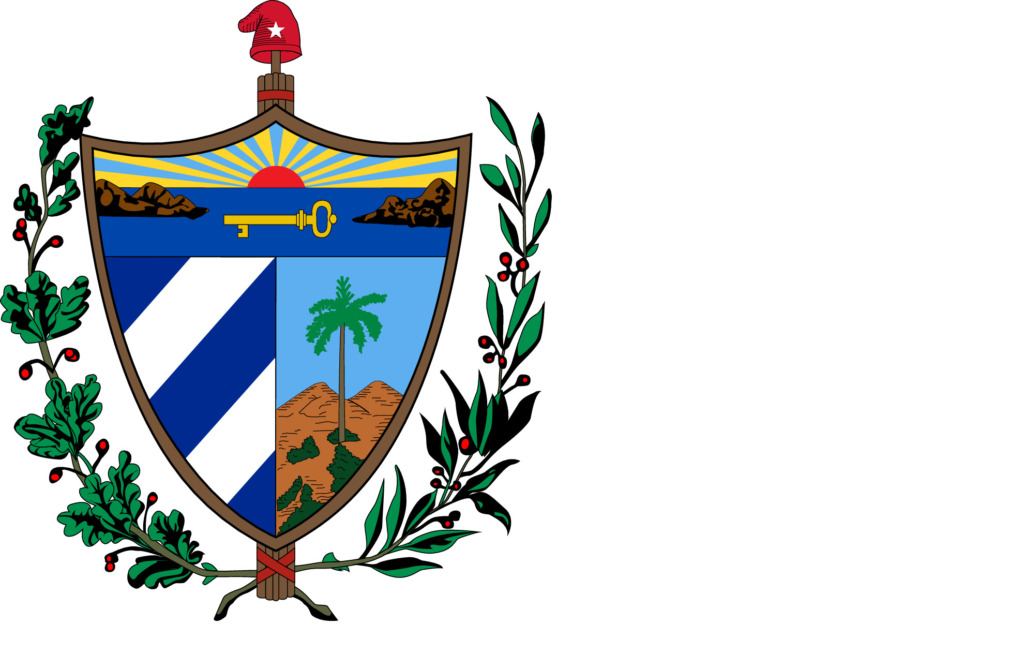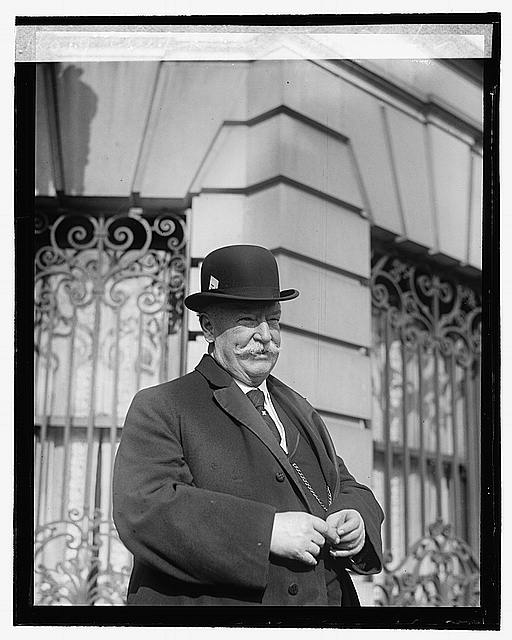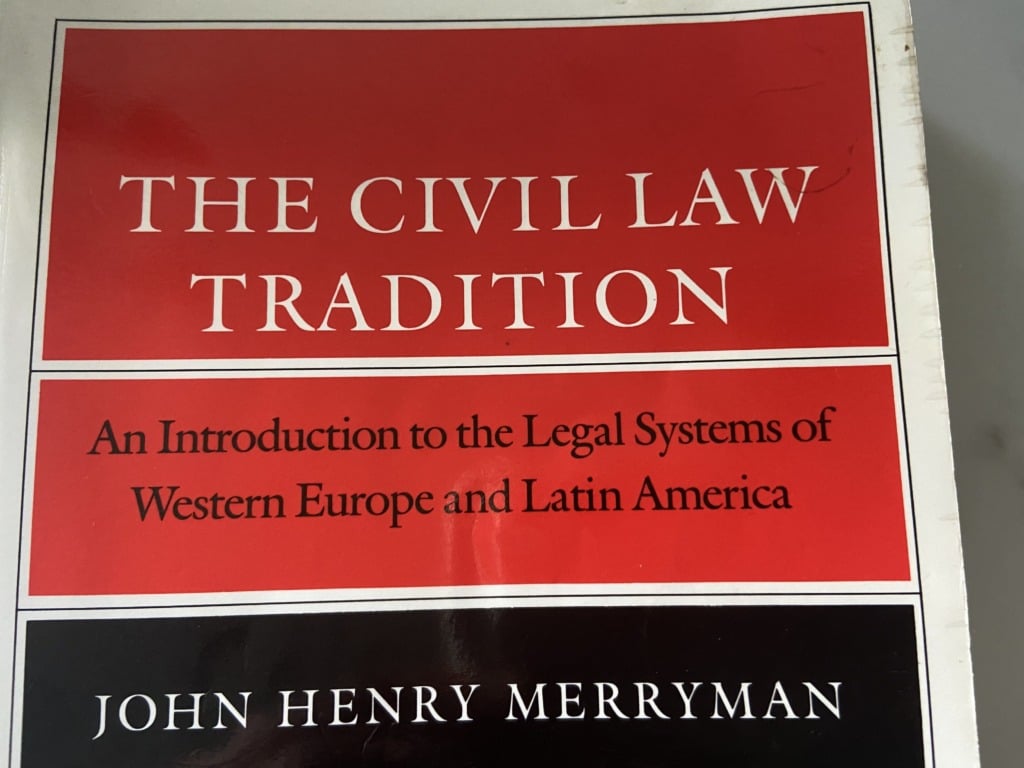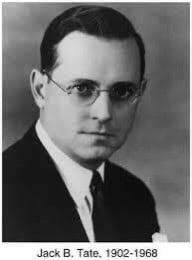Throwback Thursday: Forty Years of the Bancec Test
The Supreme Court’s 1983 decision in First National City Bank v. Banco Para El Comercio Exterior de Cuba was saddled with a cumbersome mouthful of a title, one confusingly similar to a 1972 opinion in another important case, First National City Bank v. Banco Nacional de Cuba. Fortunately, the 1983 decision was quickly dubbed Bancec, an…
Continue ReadingThrowback Thursday: Blackmun’s Prescient Dissent in Aérospatiale
In Société Nationale Industrielle Aérospatiale v. U.S. District Court (1987), the Supreme Court held that U.S. courts need not treat the procedures set forth in the Hague Evidence Convention as the exclusive or even the primary means for managing discovery of evidence located abroad. Four justices dissented in part in a remarkably prescient opinion authored…
Continue ReadingThrowback Thursday: United States v. Bowman
One hundred years ago, on November 13, 1922, Chief Justice William Howard Taft delivered the Supreme Court’s decision in United States v. Bowman, holding that a federal statute that made it a criminal offense to conspire to defraud a corporation owned by U.S. government applied extraterritorially to conduct on the high seas and in Brazil….
Continue ReadingThrowback Thursday: Timberlane Lumber Co. v. Bank of America
Although the relevant text of the Sherman Act remained unchanged for most of the twentieth century, courts’ interpretations of its extraterritorial reach fluctuated dramatically. In 1909, the U.S. Supreme Court adopted a territorial approach in American Banana, described in a recent post, holding that the Sherman Act applied only to anticompetitive conduct in the United…
Continue ReadingThrowback Thursday: John Henry Merryman on the Civil Law Tradition
Transnational litigation is situated at the intersection of many areas of law, including comparative law. This Throwback Thursday focuses on one of the great works of comparative law, The Civil Law Tradition: An Introduction to the Legal Systems of Western Europe and Latin America by John Henry Merryman. The slim volume can almost get lost…
Continue ReadingThrowback Thursday: American Banana and the Presumption Against Extraterritoriality
Today, it is “well established” that U.S. antitrust law applies extraterritorially to foreign conduct that causes substantial effects in the United States, but this was not always true. When the Supreme Court first addressed the geographic scope of the Sherman Act in 1909, it held that the act applied only to conduct in the United…
Continue ReadingThrowback Thursday: The Legacy of Paxton Blair
Paxton Blair, a New York attorney practicing in the 1920s, has influenced American law to an extent most law professors can only dream of. His 1929 Columbia Law Review article, The Doctrine of Forum Non Conveniens in Anglo-American Law, introduced the term “forum non conveniens” to the United States. (As he noted, only a few…
Continue ReadingThrowback Thursday: Canada, Cannabis, and Forum Selection Clauses
Companies engaged in transnational litigation prefer, as a rule, to litigate disputes at home. Litigating at home allows a party to rely on lawyers and procedures with which it is already familiar. It also forces the other party to bear the costs of litigating in an unfamiliar legal system and (sometimes) in a foreign language….
Continue ReadingThrowback Thursday: International Association of Machinists v. OPEC
In 1978, the International Association of Machinists (IAM), a labor union, sued OPEC and its member countries for violating U.S. antitrust law by operating a cartel. The district court held that OPEC countries were immune from suit under the Foreign Sovereign Immunities Act (FSIA). On appeal the Ninth Circuit affirmed the district court’s dismissal on…
Continue ReadingThrowback Thursday: The Tate Letter and Foreign Sovereign Immunity
Seventy years ago this week, Department of State Legal Adviser Jack Tate wrote to Attorney General Philip Perlman to announce a sea change in State’s litigation practice vis-à-vis foreign sovereign immunity. The so-called “Tate Letter” informed the Department of Justice that State would shift from the “classical” approach to sovereign immunity to what’s known as…
Continue Reading- « Previous
- 1
- 2
- 3
- Next »








